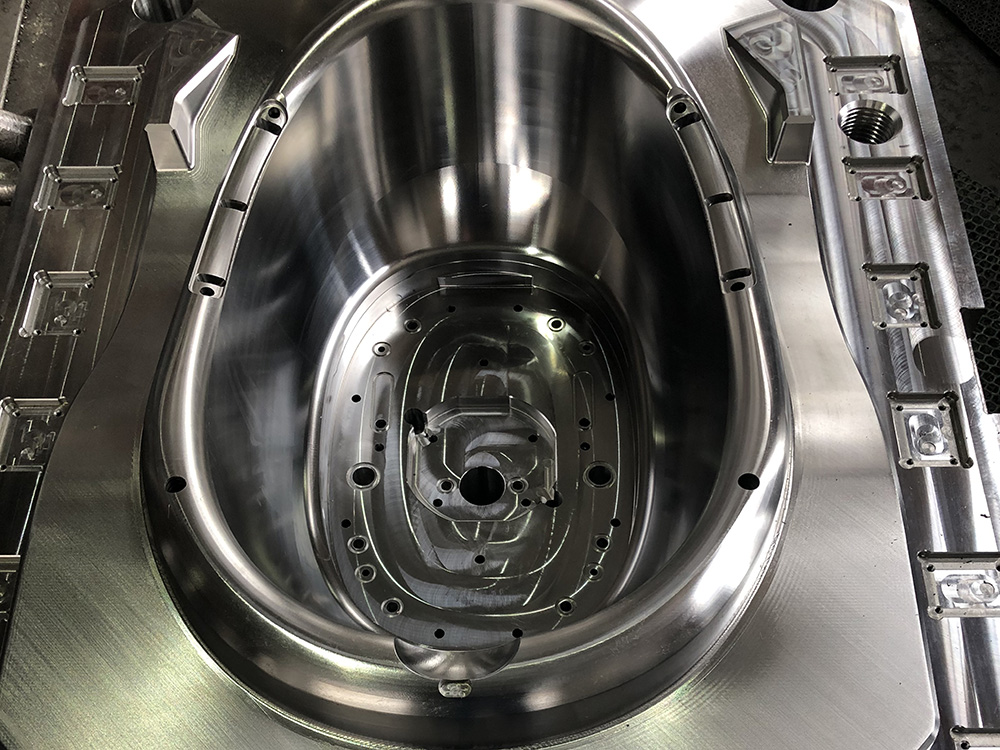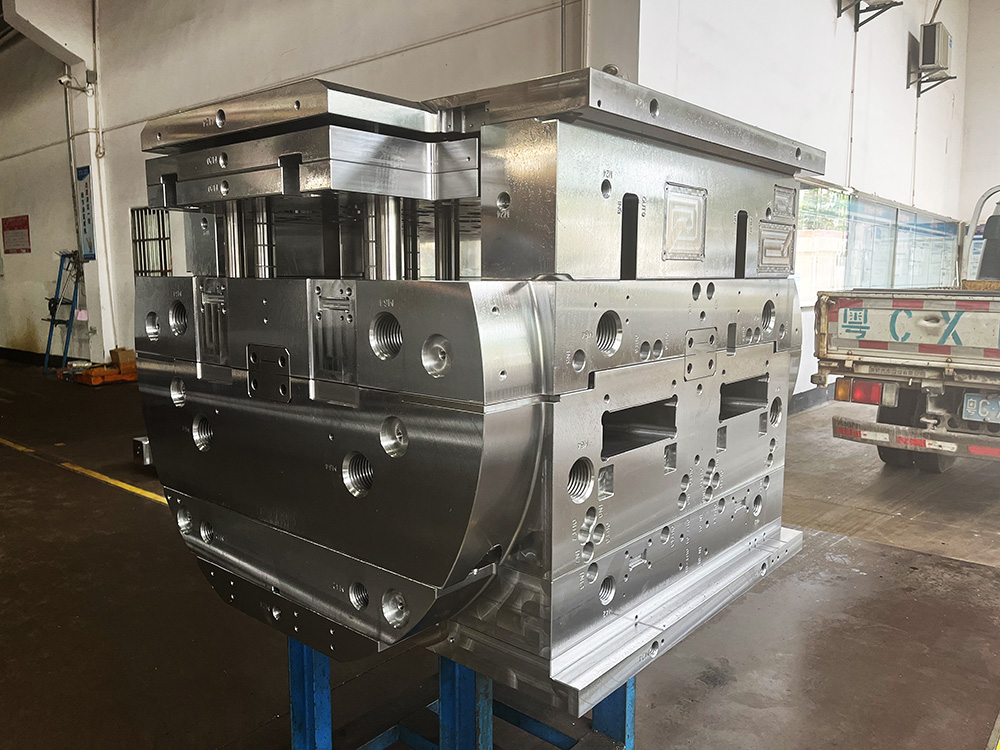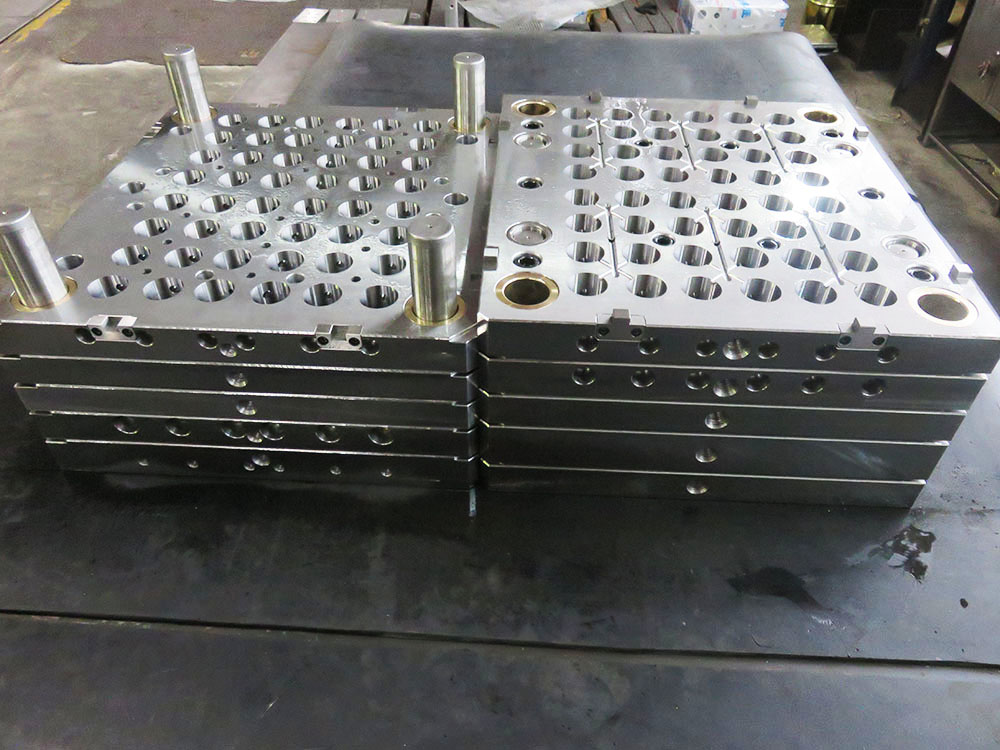Introduction to Non-Standard Molds in Manufacturing
In the mold base industry, non-standard molds play a crucial role in meeting the diverse needs of manufacturers. Non-standard molds refer to molds that are customized or modified for specific manufacturing requirements, deviating from the standard designs. These molds offer a wide range of benefits, including increased efficiency, cost-effectiveness, and the ability to produce complex and unique parts. In this article, we will explore various application examples of non-standard molds in manufacturing, highlighting their importance and advantages.
Automotive Industry
The automotive industry is one of the primary beneficiaries of non-standard molds. With the constant demand for high-quality vehicles, manufacturers are always seeking innovative ways to improve the efficiency and performance of their production processes. Non-standard molds enable the manufacturing of intricate automotive parts, such as engine components, dashboard panels, and exterior body parts with complex geometries. Additionally, these molds allow for the integration of special features, such as sensor placements and connectivity points, to support advancements in autonomous driving technology.
Medical Device Manufacturing
Non-standard molds have also found extensive applications in the medical device manufacturing industry. In this sector, precision and accuracy are of utmost importance, as even the smallest deviation can have severe consequences. Non-standard molds facilitate the production of medical devices, such as surgical instruments, implants, and diagnostic tools, with intricate details and specific requirements. These molds ensure the reproducibility of complex geometries and allow for customization based on patient-specific needs, leading to faster innovation and improved patient outcomes.
Consumer Electronics
Non-standard molds have revolutionized the consumer electronics industry, allowing manufacturers to produce sleek and compact devices with enhanced functionalities. With the increasing demand for smartphones, tablets, and wearable devices, manufacturers require molds that accommodate intricate designs, micro-components, and tight tolerances. Non-standard molds enable the production of complex electronics housings, connectors, and buttons, ensuring optimal functionality and aesthetics. Furthermore, these molds support the integration of new technologies, such as wireless charging and biometric sensors, in consumer electronics.
Aerospace and Defense
The aerospace and defense industries have highly specific manufacturing requirements due to the nature of their products. Non-standard molds have become indispensable in the production of advanced aerospace components, such as turbine blades, aircraft interiors, and missile casings. These molds facilitate the production of parts with complex geometries, tight tolerances, and high strength-to-weight ratios. They also enable the incorporation of features like cooling channels and composite material reinforcements, enhancing the overall performance and reliability of aerospace and defense systems.
Packaging Industry
The packaging industry heavily relies on non-standard molds to meet the ever-changing demands of consumers and manufacturers. Non-standard molds enable the production of innovative and visually striking packaging designs for various products. From food and beverages to cosmetics and electronics, manufacturers can create unique shapes, textures, and functionalities using these molds. Furthermore, non-standard molds support the integration of multiple components, such as inserts and hinged sections, in packaging designs, enhancing convenience and user experience.
Conclusion
Non-standard molds have become indispensable in the mold base industry, offering numerous benefits to manufacturers across various sectors. The examples discussed in this article demonstrate the versatility and importance of non-standard molds in meeting specific manufacturing requirements. Whether in the automotive, medical device, consumer electronics, aerospace, defense, or packaging industries, non-standard molds enable the production of intricate, customized, and high-quality parts. These molds streamline manufacturing processes, enhance product performance, and contribute to overall industry advancements.




